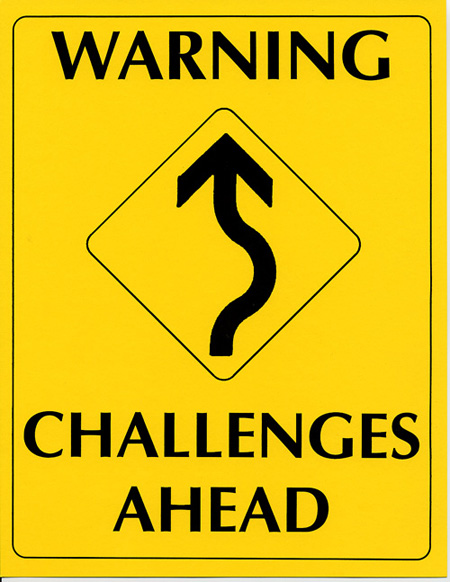
As part of my research for Project Failure I wanted to ask myself "How do I create failure?". And to make it more interesting, I want to look at this question from the perspective of a level designer.
When a level designer wants to start a new level from scratch, he would possibly go to the menu and press "New level". Sounds logical right?
My personal problem with this, is that an empty 3D space with nothing in it, is as daunting as a white canvas that you start with and you want to draw the image that you have in mind. I remember having loads of fear of starting a new drawing/painting because you do not already want to mess up in the beginning. Or maybe you are not sure how to start on this as there is too much freedom to work with.
So how about just creating that failure instead of fearing it?
The next step for me was thinking about what made me fail. One of the things that came to my mind was the matter of risk. Taking risk in your life can most of the time evolve into failure. You try something new, you fail, and then do something with that experience. Whether it is to learn a lesson or make a decision that will help to define your next step of your process.
How can we have control of taking risk ? One way to do it is by challenging yourself.
So instead of having a "New level" button, it would be maybe interesting to think about a "New Challenge" button. The next step would be to define the challenge.
I really like the idea of modifiers that modify your current object in a particle way based on parameters. A good example are the modifiers in 3ds max. You have a base object, and depending on the modifiers you use and their parameters, you can get an interesting start to work with. The challenge would be to make something awesome with that start.
Another great example would be the software called "Alchemy" Here you can choose a couple of filters that will have a direct effect on the brush strokes you place on your canvas. It allows you to experiment and get new shapes, lines that were by accident. A very cool filter is that it hides your strokes while drawing, but once you lift up your pen, all your strokes appear. This removes the fear of doing something wrong and gives you a quick start to work with.
These filters or modifiers could be seen as the challenge that you are taking for yourself. Do you want another challenge? Choose different modifiers and let some parameters be set randomly. This way you let the program fail for you in the beginning and you have your challenge to make something really cool out of the start that has been created for you.
Not only will you save time with having already something to start with, the process of failure will become a lot more fun. Making your own challenge keeps the motivation high when failing and an bring surprising results.
In development nowadays we are constantly focusing on the end result, but I believe by spending more energy and attention to the process itself, we can motivate the user to iterate more and stimulate to push their own limits. Making it challenging for yourself, will have a positive influence on productivity, experimentation and iteration for great levels. The better and more fun of the process, the more successful the end result will be. With this in mind we do not have to worry about knowing what the end result needs to be, you maybe even find out about things that you were not aware off.
By using challenges in your tool, you can have more interaction and motivation for the user. We are just reusing well game design principles that we are already used to, to make development more interesting and being more open to other possibilities.
So as a conclusion, you could say that "new level" is for when you have a specific plan of what you want. But if you do not know the end result, using "new challenge" could help you discover and boost your creativity.
So my question to you all is : "What kind of modifiers do you have in mind to challenge yourself or someone else?"
You might be interested in my thesis work which took a lot of inspiration from alchemy.
ReplyDeletehttp://www.youtube.com/watch?v=WBKMIt5Aexo
I never thought about creating design failure to overcome design fear or limitations, I understood it as syncing the designer and tool through slightly uncontrollable processes that encourage iteration and refinement, but I think thats just a means to an end, and the more important aspect of tools like you describe is the idea that the start of the design matters and the ability to explore it is important.
Very interesting thesis project.
DeleteThank you for sharing.